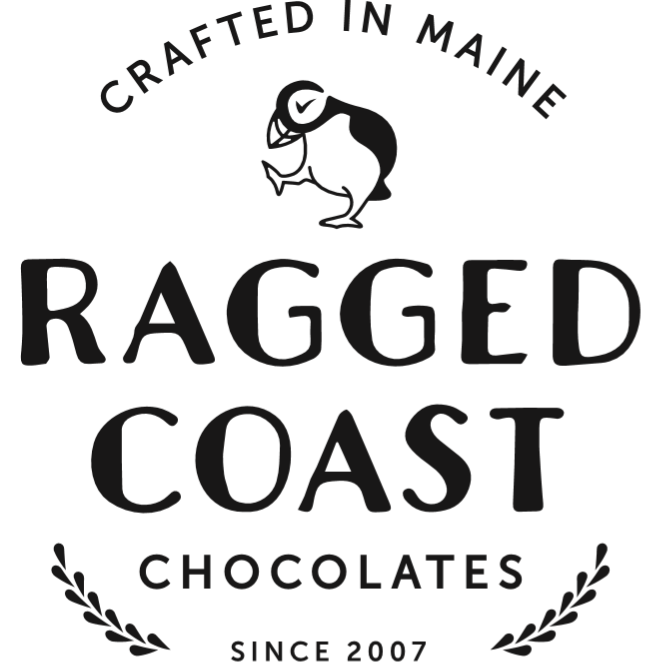Today’s Maine Sunday Telegram includes a look at the ticket-based reservation model that some restaurants in Maine are starting to use,
“Everything else is changing, so why not?” Lyle Aker, co-owner of Portland’s soon-to-open Broken Arrow, said. “Our intent was to open as a regular full-service restaurant. But now to control costs, the model of Next seems like kind of a good idea.”
“Tickets give us the most control over timing so we can get service right and protect the customers as well when they’re not being forced to wait outside or at the bar,” added co-owner Holly Aker.
and details on three new options for roast beef sandwiches in Portland (George’s, Haltead’s, Roll Call),
Chef Michael Sindoni of Roll Call initially considered focusing on a North Shore sandwich, but he felt the sauces and cheese were “hiding the beef.” Add to that the fact that he didn’t have an emotional connection to the sandwich the way that North Shore fans do, and “it just didn’t do it for me.” George’s came on the scene at about the same time. That was “complete coincidence,” Sindoni said, “but we were probably thinking the same thing at the same time – that no one’s really doing a great roast beef sandwich here.”


